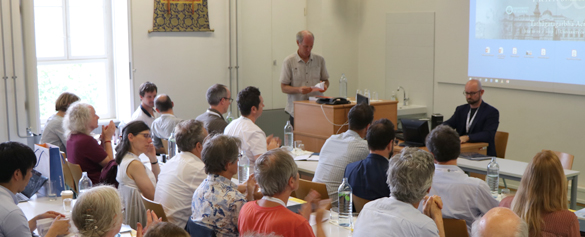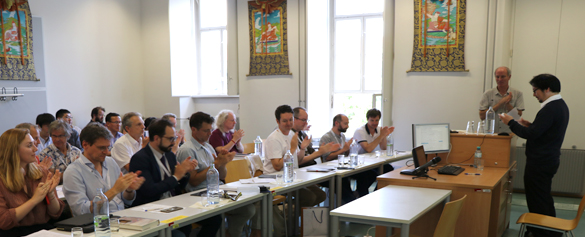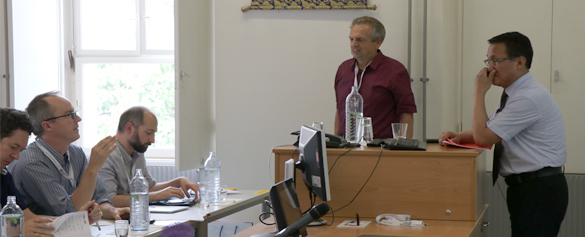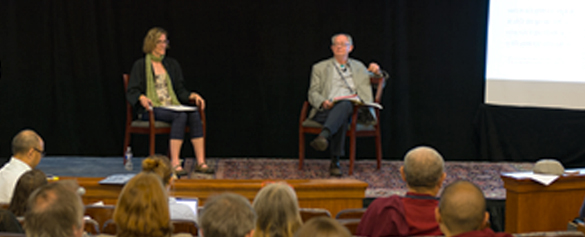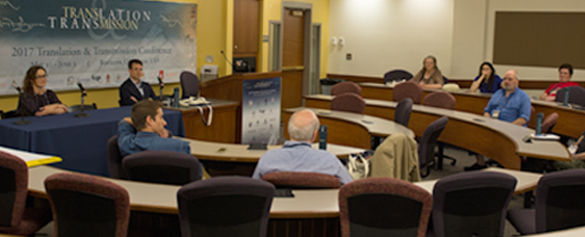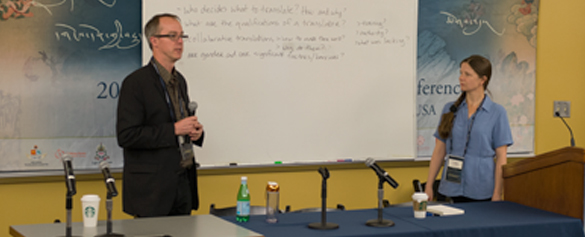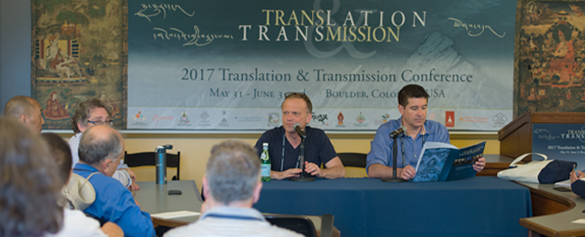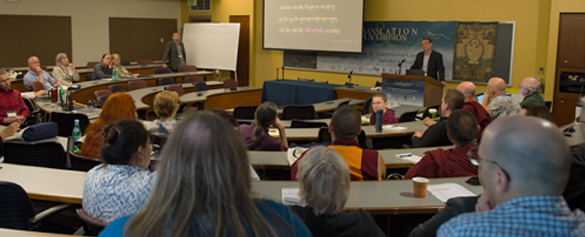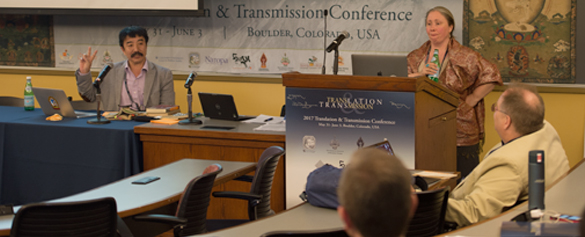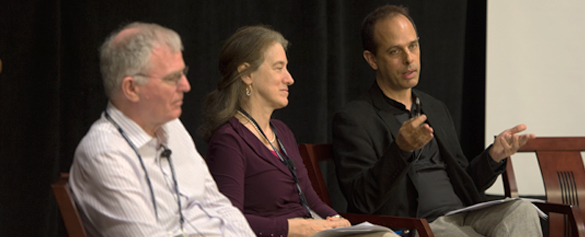Selfhood, Secrecy, Singularity: Reassessing the Early Life of the Tathāgatagarbha in India
Gwen Witt Dorring2022-11-16T23:39:24-07:00The early history of buddha-nature teaching in India is in the process of some reassessment. Michael Radich’s contention that there is good reason to take the Mahāparinirvāṇamahāsūtra as our earliest source for an account of the tathāgatagarbha invites a fresh look at the wider corpus of Indian literature concerned with this expression, and with it the affirmation that what is essential to a Buddha (buddhadhātu) abides in all sentient beings. My research has focused on a revised trajectory of how buddha-nature was conceptualized in the first five hundred years of the Common Era, informed by the hypothetical primacy of Indian […]

